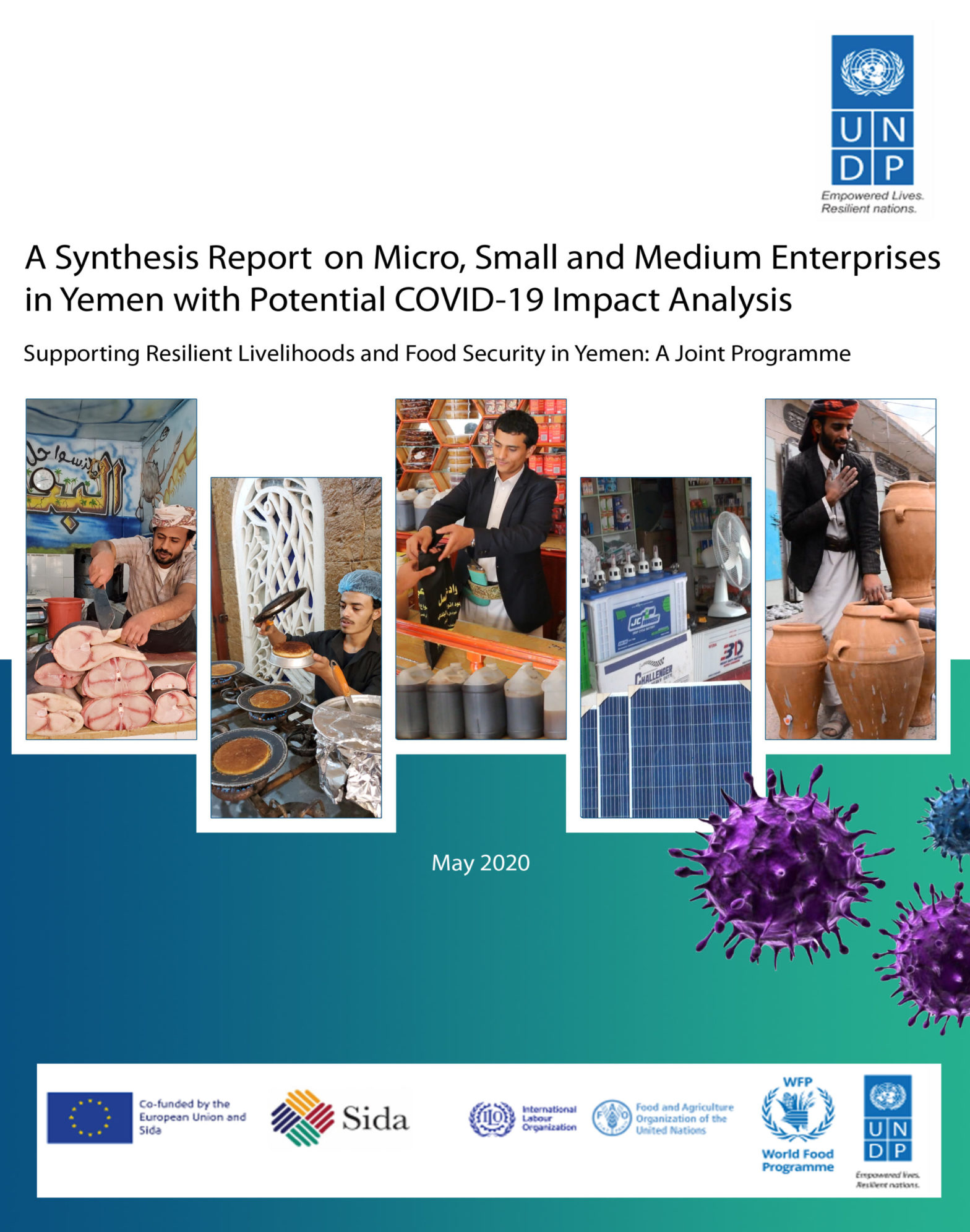Value Chain Sectors in Yemen – A Market Study

This report presents a market study of selected value chain sectors in Yemen. The market study in seven sectors of handloom and textile, food industry, meat and poultry, fishery, beekeeping/honey, pottery, and solar energy. This is a synthesis report that reviews the supply and demand of flooded and scares goods and services. The study analysis started in December 2019 and with the arrival of the Coronavirus (COVID-19) pandemic, opportunities were found to provide insight into the potential impact of the virus crisis on the aforementioned sectors.
Value chain sectors in Yemen can improve the local economy and provide sector-wise development to create sustainable jobs and long term positive consequences to the livelihood opportunities for many people. Business in Yemen has taken a severe blow from the protracted conflict. The national economy has collapsed and with it the purchasing power of consumers. Import and export have been reduced to just a trickle of earlier volumes. Both physical and institutional infrastructure have been destroyed. And distribution of goods has been impeded by transportation cost and expensive fees. But despite these ordeals, most businesses have survived, occasionally even thrived, showing an extraordinary capacity of Yemenis to adapt to hardship and bounce back from setbacks.
Enterprises in all seven sectors covered by the market study present livelihood opportunities for poor men and women. Even though women are seldom employed in the businesses studied, owners are open to recruitment of female workers in occupations that are culturally acceptable; however, very few business owners believe women can operate in the enterprises they are managing.
The full report titled “A Synthesis Report on Micro, Small and Medium Enterprises in Yemen with Potential COVID-19 Impact Analysis” is available on the UNDP website, click here for the full report. It is part of the ERRY II joint venture programme by the UNDP, FAO, WFP, and ILO.
Read more about our Fishery value chain study.
Our past work have looked into handloom and textile, food processing activites, meat, poultry, fishery, beekeeping/honey, pottery, and solar energy for households.
Our current work looks into value chains of Onions, Honey, Lemons, and Peanuts. Reach to us if you are interested to learn more.
